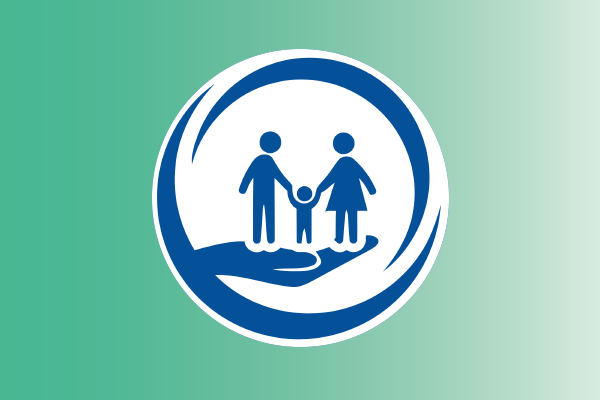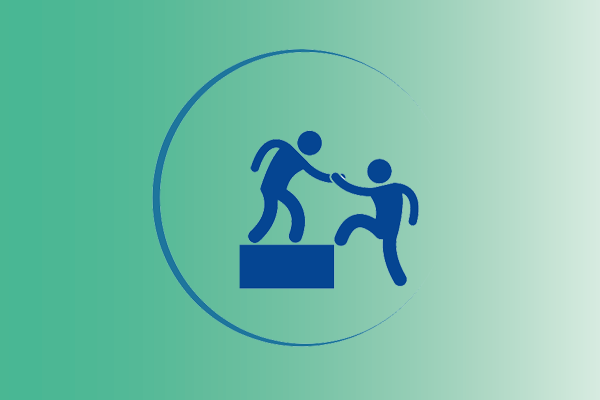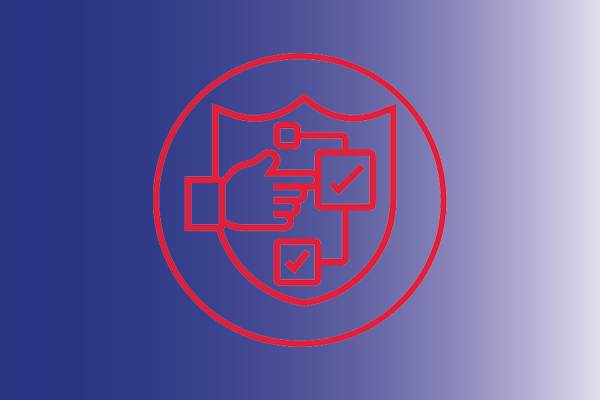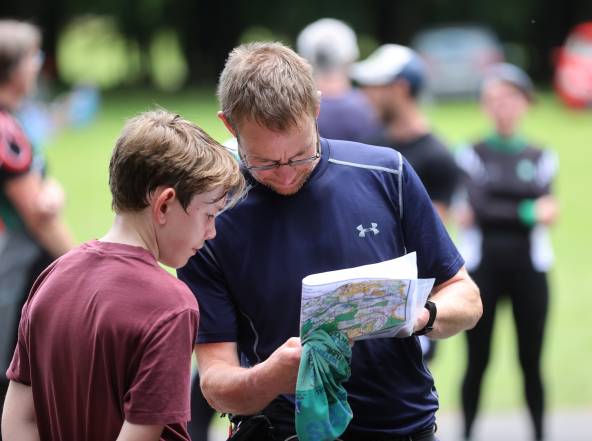Safeguarding
Everyone has a shared responsibility for safeguarding and creating safe, enjoyable environments in Orienteering whether as an Orienteer, parent, coach, club official or spectator. Here, you will find out all you need to know about safeguarding and how to report a concern.
At British Orienteering, we want all our of clubs, members and participants to feel as though they can practice the sport in a safe environment. That is why we believe that everyone should operate within an accepted ethical framework and demonstrate exemplary behaviour to both safeguard children and adults and protect all personnel from allegations of abuse or poor practice.
Watch this short video on top tips for safeguarding adults;
Reporting a Safeguarding or Safety Concern
When to talk to someone
It's important to report concerns about safeguarding, whether they occur within orienteering, or outside of the sport. If it involves our members or participants, we need to know about it. You should also report any concerns you have about adult behaviour related to the welfare of children or adults at risk, including those not directly involved in the sport.
How to report a concern
Please report any potential matters relating to safeguarding children or adults to safeguarding@britishorienteering.org.uk
Alternatively you can call the British Orienteering Lead Safeguarding Officer, Jeanette Downing on 07891 091662.
Submit a concern via our quick report form
British Orienteering has introduced a quick report form which can be used to make immediate reports to the Lead Safeguarding Officer. Please use the below link to access the form and submit a concern and we will be in touch with you in due course.
Other ways to report any concerns
Use the below forms to make a more specific report on safeguarding concerns.
Safeguarding reporting flowchart
Safeguarding in Scotland
There are different safeguarding regulations within Scotland. To find out specific information visit;
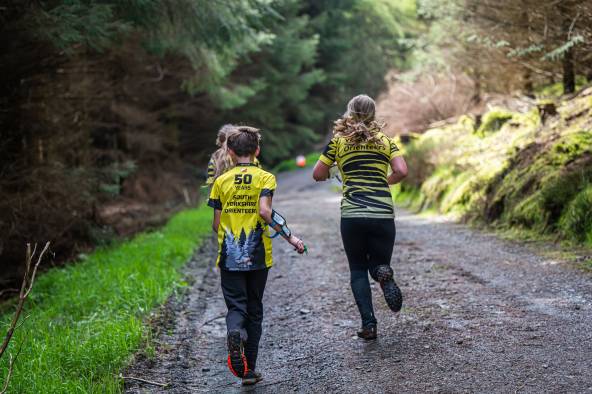
Our policies
Click on the links below to access British Orienteering's policies on Safeguarding which provide more insight into key principles and what to be aware of when it comes to protecting those partaking in our sport. You can also find more guidance in our membership terms and conditions.
BRITISH ORIENTEERING - Safeguarding Adults Policy
BRITISH ORIENTEERING – Child Safeguarding Policy
Case Management Group - Terms of Reference
Club Welfare Officer Guidance
DBS Disclosure Process or visit www.britishorienteering.org.uk/safeguardingchecks
Group Chat and Messaging Guidance
Inclusion and Safeguarding Disability
Lower Level Concerns Policy and Procedures
Minimum Standards - Safeguarding Training
Overnight stay or travel abroad checklist
Photography, Videos & Live Streaming Guidance
Safeguarding Children in shared/non-formal accommodation sleeping arrangements
Supplementary Safeguarding Guidance
Transporting a child or young person in your car - CPSU guidance
Website - Club Website - Safeguarding Template
Child Protection in Sport Unit website
The CPSU was founded in 2001 in response to a series of high-profile cases of abuse of young athletes. They work to help improve safeguarding and child protection practices within sport organisations, to ensure all children and young people are safe while participating in sport and physical activity at all levels.
Tel: 0116 366 5580
The Ann Craft Trust (ACT) is a national charity which exists to minimise the risk of abuse of disabled children and adults at risk. Through pioneering training, practice reviews and contributing to world-leading research, they support organisations to safeguard disabled children and adults at risk and minimise the risk of harm.
Tel: 0115 951 5400
Childline is here to help anyone under 19 in the UK with any issue they’re going through.
You can talk about anything. Whether it’s something big or small, tjeir trained counsellors are here to support you.
Childline is free, confidential and available any time, day or night. You can talk to them:
Tel: 0800 1111
At Stonewall, they stand for lesbian, gay, bi, trans, queer, questioning and ace (LGBTQ+) people everywhere. They imagine a world where all LGBTQ+ people are free to be ourselves and can live our lives to the full.
Safeguarding is extremely important to Stonewall and sits at the heart of their programmes and events. They believe that no one should ever experience abuse, exploitation or neglect.
They believe it’s everyone’s responsibility to safeguard children and adults at risk from abuse and to take action when made aware of the risk of harm.
Child Exploitation and Online Protection command website
Are you worried about online sexual abuse or the way someone has been communicating with you online?
Make a report to one of CEOP's Child Protection Advisors
Activity Alliance is the leading voice for disabled people in sport and activity. Established in 1998 as a national charity, they were previously known as the English Federation of Disability Sport.
Sporting Equals exist to promote ethnic diversity across sport and physical activity, and are the only organisation in the UK to do so. Originally set up in 1998 by Sport England, in partnership with the Commission for Racial Equality, they are now a fully independent body and a national partner of Sport England.
When you're experiencing a mental health problem, supportive and reliable information can change your life. That's what Mind do. They empower people to understand their mental health and the choices available to them through the following:
- An Infoline, which offers confidential help for the price of a local call.
- A Legal Line, which provides information on mental health related law to the public, service users, family members,carers, mental health professionals and mental health advocates
Responding to a Safeguarding Concern
Watch this short video, which explains the basic steps you should follow should a safeguarding concern be reported to you.
How we implement Safeguarding
There are many ways we help implement Safeguarding practices into our sport. But there are also ways that you can get involved and help us make orienteering a safe sport for all.
When you bring your children orienteering we will help you to ensure their welfare and safety by ensuring that;
- The people who run the sport are safe to be with.
- They are not likely to be injured but if they are there are people and procedures in place to look after them.
- The challenges set will be manageable so that your children are able to find their way around the course.
- They are not likely to be injured but if they are there are people and procedures in place to look after them.
- Your children’s individual needs will be considered as far as possible within the nature of the sport.
The people who run the sport are safe to be with
- Our coaches and officials who have unsupervised regular contact with children and adults at risk have satisfactory Disclosure and Barring Service checks (England, Wales and Northern Ireland) or Disclosure Scotland checks.
- Our clubs have welfare officers who act as the first point of contact for any person in orienteering at club level who has a concern about safeguarding the welfare of children and at-risk adults. They will assist the club in developing and promoting an environment inclusive of, and friendly to children.
We take all reasonable steps to ensure that your children will be safe from other participants and from strangers
- Organisers of events and activities carry out risk assessments and have procedures for managing safety in public places.
- We have had no reported incidents of children coming to any harm from strangers in public places whilst orienteering.
The challenges set will be manageable so that your children are able to find their way back, the ground they cross is not too rough for their experience/strength
- Planners of courses and activities follow rules and guidelines to provide courses or activities with different levels of challenge to meet different needs.
- We keep track of every individual at every event or activity to ensure that they are accounted for. We will give you information so that you understand the level of challenge on courses offered.
- We expect you to follow our guidelines about which course is appropriate for you or your children to complete. In order to meet our safeguarding and insurance responsibilities, we may refuse to let you do a course if we consider you are taking undue risk.
They are not likely to be injured but if they are, there are people and procedures in place to look after them
- Officials organising events and activities carry out risk assessments.
- They have procedures for finding and looking after lost children and for providing first aid.
- Your children’s individual needs will be taken care of as far as possible within the nature of the sport:
- At events, we will explain what physical and navigational skills are needed to complete a course and how we can help with an individual need.
- At activities led by coaches if you tell us about any special needs we will tell you what adaptations can be made to make our activities accessible.

